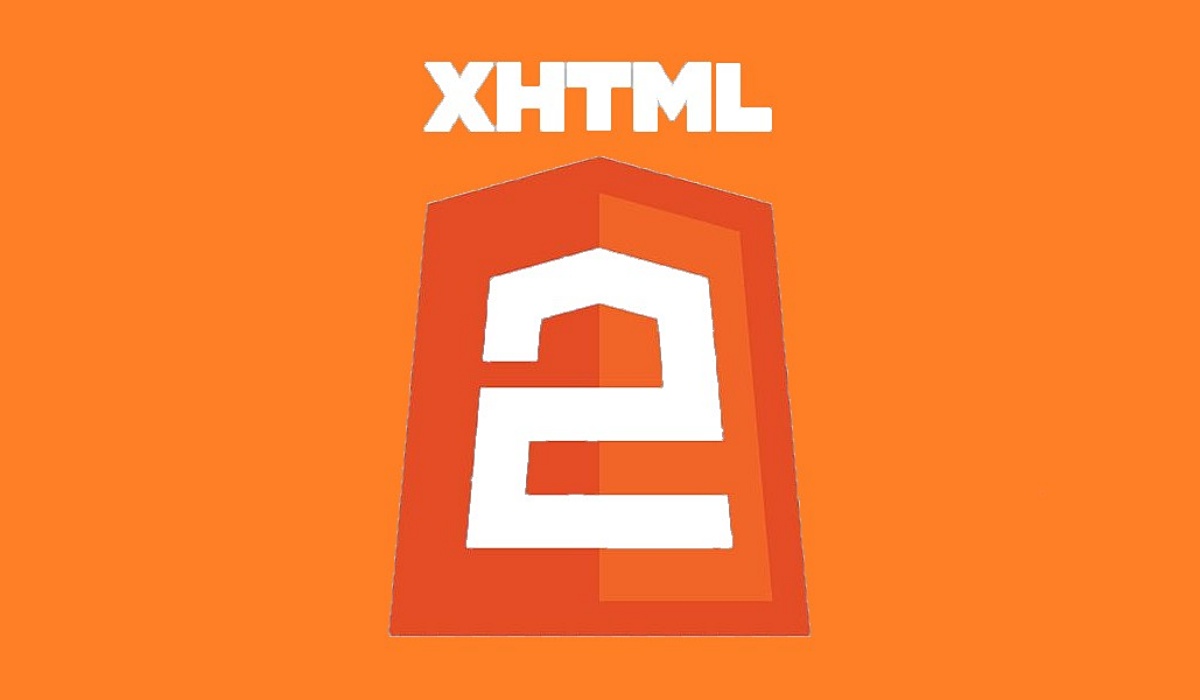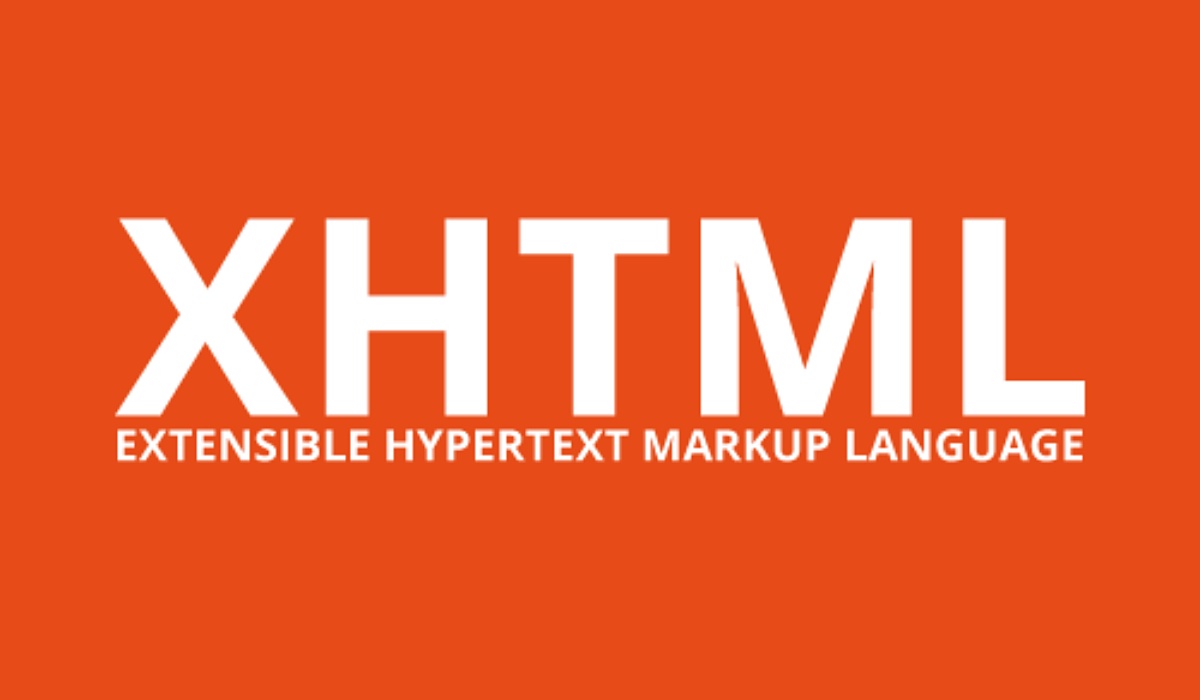
EXtensible HyperText Markup Language is a stricter, more XML-based version of HTML and is defined as an XML application and supported by all major browsers. XHTML was developed by World Wide Web Consortium (W3C) to help web developers make the transition from HTML to XML. By migrating to XHTML today, Web developers can enter the XML world with all of its benefits, while still remaining confident in the backward and future compatibility of the content.

EXtensible HyperText Markup Language (XHTML) is a markup language where all documents must be correctly formatted. XHTML was developed to make HTML more extensible and flexible to work with other data formats such as XML (EXtensible Markup Language). XHTML comes with a much stricter error handling to solve the problem when browsers ignore errors in HTML pages, and try to display the website even if it has some errors in the markup.
XHTML, elements must always be properly nested within each other.
<p><b>This element is properly nested.</b></p>
<p><b>This element is NOT properly nested.</p></b>
XHTML, elements must always be closed.
<p>This element is properly closed.</p>
<p>This element is NOT properly closed.
XHTML, element names must always be in lowercase.
<p>This element is lowercase.</p>
<P>This element is NOT lowercase.</P>
XHTML, attribute names must always be in lowercase.
<p>href="https://www.eddiejester.com/" This attribute name is lowercase.</p>
<p>HREF"https://www.eddiejester.com/" This attribute name is NOT lowercase.</p>
XHTML, attribute values must always be quoted.
<p>href="https://www.eddiejester.com/" This attribute name is quoted.</p>
<p>href=https://www.eddiejester.com/ This attribute name is NOT quoted.</p>

HOME
Columns:
Tech Fixed Nav
HTML CSS
Technology Stack
PHP JavaScript Python
SQL AJAX XML PERL
Five Six Seven Eight
Database 1+2+1
LLMs Expand
ADA Website Compliance
Dyslexic Guidelines
OSI Model
Layouts:
Dark Web 1+2 Layout
Protocols 1+3 Layout
Malware 1+4 Layout
Code Sharing 2+4 Layout
Search Engines 3+1 Layout
Custom ROMs 4+1 Layout
AI Websites 4+2 Layout
Offset 70-30 Layout
Cloud Services 1+2
Top Level Domains
ZigZag Layout
Database:
Database Select Query
Database Sort Query
Database Select Europe
Database Select Japan
Database Select US
Database Select Vehicle
Photos:
Photo Full Width
Photo Gallery
Photo Grid
Photo Carousel
Photo Album
Photo Filter
Photo Select
Photo Accordion
Photo Zoom
Photo Scroll

Quizzes:
Web Design Quiz x3
Web Design Logo Quiz x3
Web Coding Quiz x10
Web Development Logo Quiz x10
Graphics:
Graphic Design
Image Formats
Images Per Page
Material Cards
Search Engines
Browser Tier List
Magnify Window
Large Language Models
Autonomous Companies
Website Standards
Plethora:
Technology Chart
Parsing Python Scripts
Frameworks
Shopping Cart
Website Standards
AJAX Interactive XML
W3C
XHTML
Website Coding
Fediverse
About Eddie Jester